The emergence of streaming platforms (KION, Start, more.tv , Wink, Okko and others) greatly influenced Russian TV series. In just a few years, they have changed so much that almost nothing connects them with the projects of the zero and the first half of the tenths. We understand what is new in the domestic TV series of recent years.
The example of Netflix shows that series shot in Korea or Germany that do not mimic American ones are successful in many countries. Identity attracts viewers, and Russian projects have taken a giant step forward in this direction.
If you look at the TV series of the noughties and their sequels, you might think that they were filmed not in Russia at all. For example, "Happy Together" (2006-2013) showed a two-story apartment where a poor family walks in shoes, and "Univer" (2008-2011) and especially "Univer: A New Dorm" (2011-2018) showed a hostel that simply does not exist in the country. The screenwriters seemed to specifically refuse to accept Russian realities. The stories and plots looked universal, that is, they could be filmed anywhere. For the same reason, there were many adaptations: "Don't be born beautiful" (2005-2006), "My beautiful nanny " (2004-2006), "Margosha" (2009-2011) and many other projects simply adopted other people's ideas. In rare cases ("Soldiers", "Streets of broken Lanterns"), the connection with reality was still traced, but this is rather an exception to the rule.
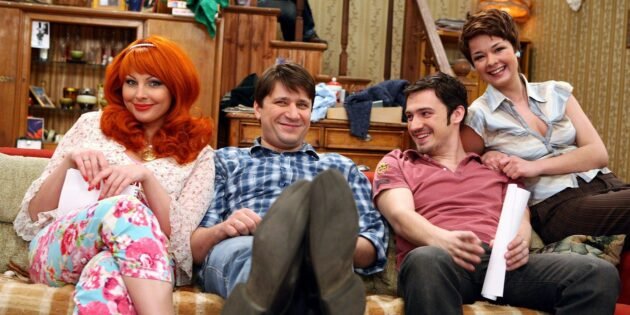
Modern TV series do not abandon the place of production. So, the authors of "Vampires of the middle lane " (2021 — present) constantly focus on the fact that the action takes place in Smolensk, and in "Crystal" (2021) shows a provincial village in its natural form. Now the heroes of domestic TV series live in Russia.
The naivety inherent in low-quality TV products is gradually disappearing. "Barvikha" (2009-2011), "Ranetki" (2008-2010) or "Cadetship" (2006-2007) showed teenagers who have practically nothing to do with reality. In fact, these are adult fantasies about how children live. The young audience liked the projects, but it is unlikely that an adult could withstand at least a couple of episodes of "Ranetok" or "School" (2010) and not go crazy.
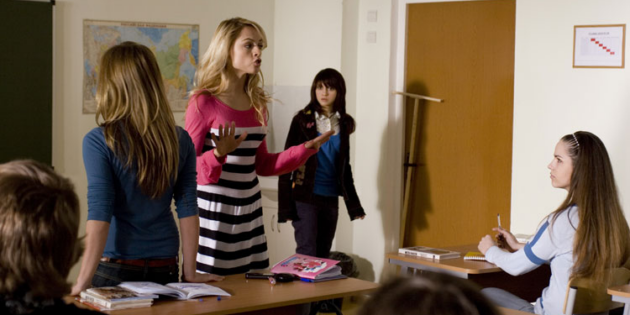
Modern TV series about schoolchildren are interesting not only to them. For example, "Black Spring" (2022) shows the difficulty of growing up in a province where there are no laws or moral authorities. Violence, which teenagers are addicted to, becomes a method of bringing at least some order. "Penguins of my Mother" (2021) demonstrates the complexity of maturation in a situation when parents do not have time for full communication with children. But Happy End (2021) tells about young people who start working as webcam models due to the lack of other options for earning money. Both the choice of themes and the elaborate dramaturgy make these stories entertaining for any viewer.
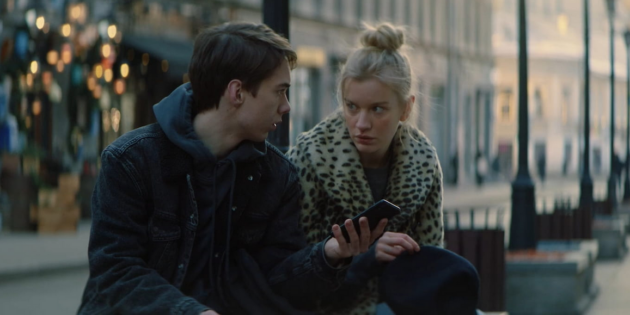
Projects with conditionally adult themes have also changed a lot. They have a political dimension ("House arrest" and "Official" as the best examples), as well as a look into the past. If 10 years ago only Channel One filmed high—quality historical shows, now there are definitely more of them - although the authors are interested in other topics. For example, the screenwriters turned to individuals, including artists ("Ranevskaya", "Vertinsky") and maniacs ("Fisher", "Chikatilo"). In addition, now you can find good psychological thrillers with an interesting plot and deep characters on the screens — so, for all its shortcomings, the "God Complex" is three heads higher than any similar series from the noughties.
Modern Russian projects differ from their predecessors by increasing the technical level. They sound and look better. Of course, technological progress has played a big role (good cameras and microphones have simply become cheaper and more accessible), but the approach is no less important.
Like all over the world, in Russia TV series have ceased to be considered something shameful, so professionals are not afraid to go into the industry . Where the operator of the old show would have exposed a simple frame "according to the textbook", the current one will experiment. Or perform their basic duties qualitatively: work with proportions, build a composition (and not shoot at random). Within the framework of one episode, operators can switch from a manual camera to a static one, play with camera angles. In the projects of the noughties, camerawork was faceless, and today it is an important specialist who helps the director to make a more interesting visual series.
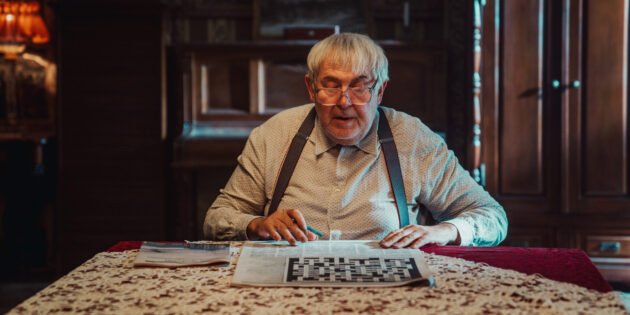
The sound quality has also stepped forward. Technological innovations have led to the fact that some domestic series look no worse than the projects of HBO or Netflix. However, this applies mainly to talk shows, the action is still on another level.
The quality of scripts has also improved. The authors are trying to write interesting, not long stories: mini‑series that do not pretend to be 5-10 seasons are increasingly being released. Producers pay attention to the relevance of sequels, not just ratings. Of course, there are a lot of exceptions (in the conditional "Method" one season is enough), but in the noughties short projects were quite rare.
The authors of TV series have always been limited by the limits of what is permissible. I had to give up obscene language, and the bed scenes looked comical at all. As soon as the series moved to streaming, the bans automatically disappeared. Now the characters speak a living language: with obscenities, Anglicisms, slang. True, there was something similar in the TV series "School", but it looked so ridiculous that it was not taken seriously. The scriptwriters, who wanted to diversify their speech, tried to sit on two chairs and "ticked" swear words. Internet sites allow you not to think about censorship in this regard and age restrictions, and therefore the characters become more diverse.
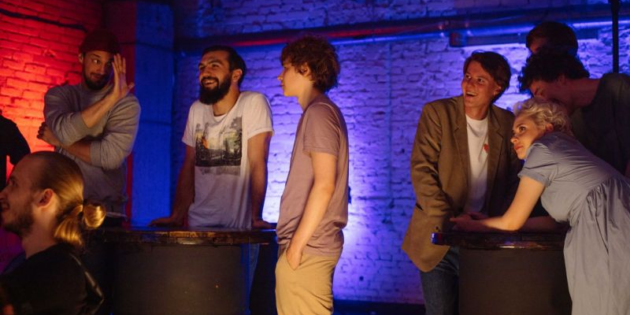
Of course, there is a downside — sometimes the mat replaces normal dialogues (as in last year's "Lucy"), but this is a small fee for general changes.
Probably, the speech of on-screen teenagers has changed the most: they used to talk the same way as adult characters. The lexicon of Perepechko and Dukalis consisted of the same words, which is strange to say the least. Now everything is different: the heroines of "Aurora" (2022) and "Officials" (2021) use different vocabulary, and the Moscow teenager from "Penguins of my mother" does not communicate like his peers from the provinces in "Black Spring".
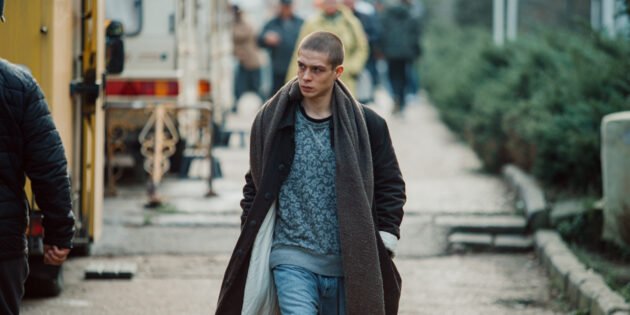
The emergence of streaming services has had a huge impact on the Russian TV series industry. They have become not only more diverse, but also better. At the same time, large-budget projects still look raw. Therefore, it is better to spend time, for example, on the "Big Second" (2021) or "Aurora" than on "Legacy" (2022).